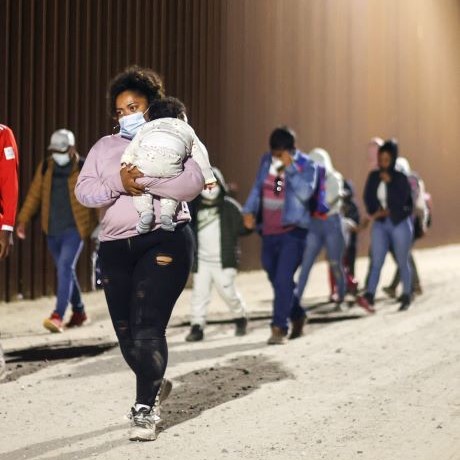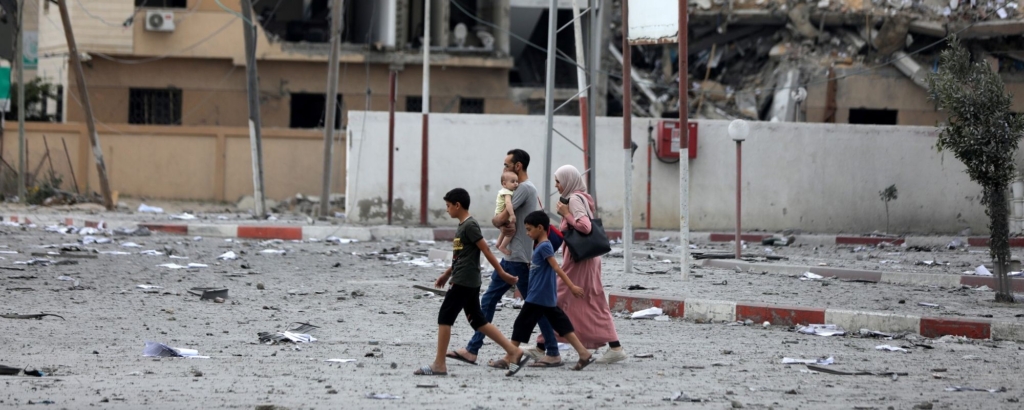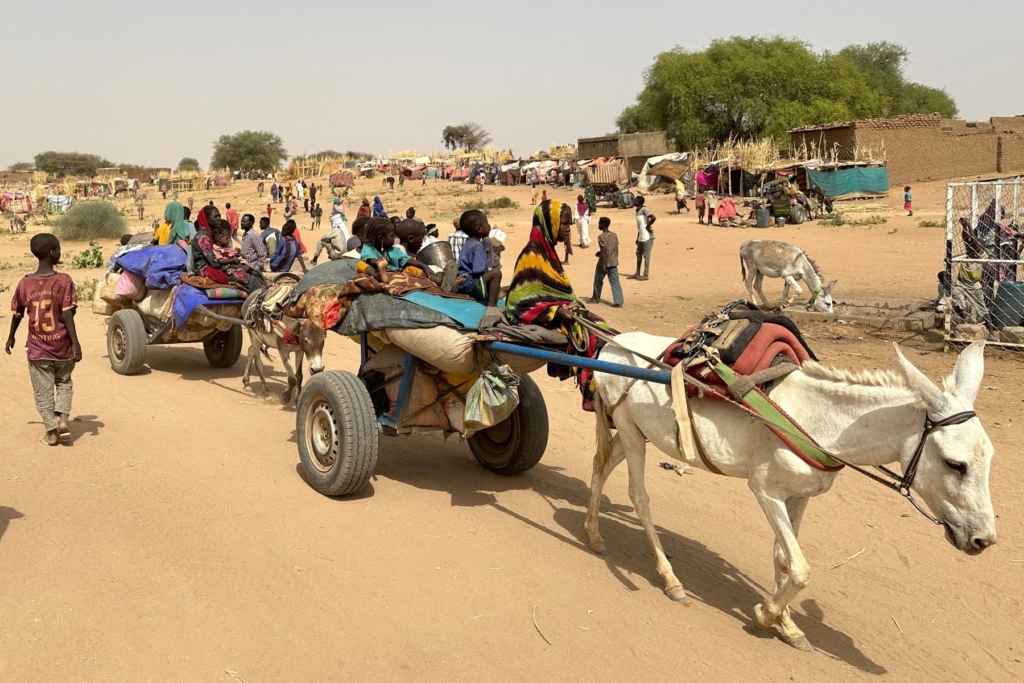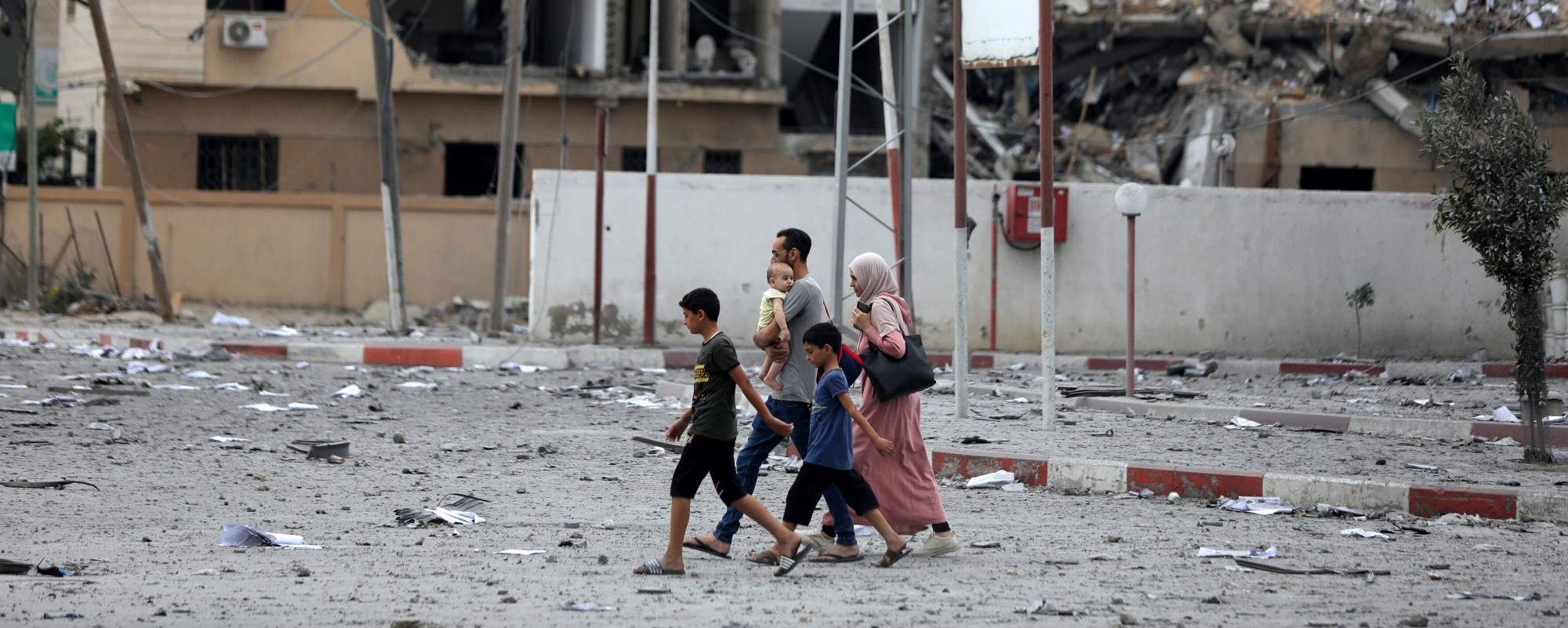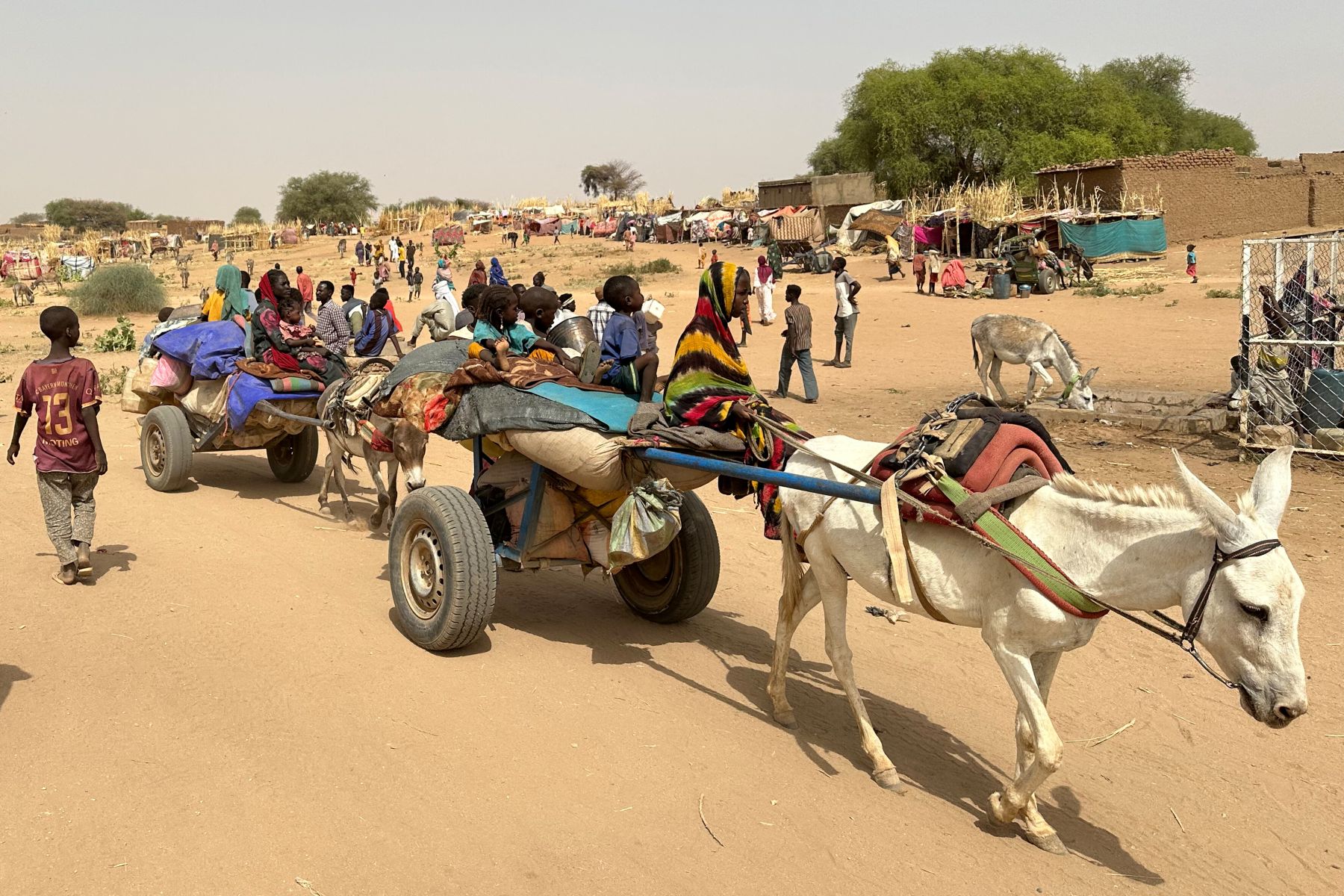By Jackie Hansen, Major Campaigns and Women’s Rights Campaigner
Campaigning against laws in Iran which discriminate against women and girls has just gotten a whole lot harder for Bahareh Hedayat and other activists with the Campaign for Equality, as Iran moves to enact laws set to turn Iranian women and girls into baby-making machines. Bahareh is currently serving a 10-year sentence in Iran’s notorious Evin Prison for her peaceful activism in support of gender equality.
New proposed laws
| Read report: You Shall Procreate | |
Two proposed laws will reverse decades of progress in empowering women and girls in Iran.
Bill 446 to Increase Fertility Rates and Prevent Population Decline aims to double Iran’s population by outlawing voluntary sterilization (the second most common method of birth control in Iran), curbing use of modern contraceptives, banning education about contraception, and cutting funding for state-funded family planning programs. The bill was approved by parliament in August 2014 and is undergoing amendments as recommended by the Guardian Council, which needs to approve it before it can become law.
Bill 315, the Comprehensive Population and Exaltation of Family Bill, encourages early marriage, repeated childbearing and lower divorce rates, and allows discrimination against female job candidates—particularly if they are single or without children. It will also make divorce more difficult, and discourages law enforcement and the courts from intervening in family disputes, including those involving violence against women. The bill is due to be discussed by parliament next month.
Violating the rights of women and girls
The list of human rights that Bills 446 and 315 will violate is long and includes the right to live free from violence and the right to live free from discrimination. The bills also violate sexual and reproductive rights. Under international law, women and girls have the right to make decisions about whether and when to marry, and whether, when, and how many children to have. They have rights to receive information about family planning and to be able to access contraception. All these rights will be taken away if these bills pass into law. Gender stereotyping and discrimination will become even more firmly entrenched in Iranian law.
What will be the impact of these new laws?
Without access to affordable modern contraception, the rate of unwanted pregnancies will undoubtedly rise, forcing women to seek illegal and unsafe abortions. Lack of access to condoms will lead to a rise in sexually transmitted infections, including HIV.
Women and girls will be forced to stay in marriages where they experience violence because divorce will be more difficult to obtain and the state will be less likely to intervene to protect women and girls. And women will be further marginalized in the workforce.
Sexual violence and discrimination against women and girls is already rife in Iran and women are already denied equal rights with respect to marriage, divorce, child custody, inheritance, travel, and even in their choice of clothing. Women even face restrictions on watching sports in public stadiums. These two bills will serve to further marginalize women and girls in Iran, and confine them to the roles of mothers and wives.
Why the shift?
After the 1979 revolution, Iranian authorities believed that a large population would be a source of military strength and national security. To increase the birth rate, family planning programs were suspended, a campaign for early marriage and repeated childbearing was adopted, and large families received social benefits. In 1980, the average birth rate was 7.0 per woman.
By the end of the 1980s, with a war-shattered economy, Iran was unable to meet the needs of the rapidly growing and young population and instituted family planning and reproductive health service programs, including free contraception, and comprehensive sexual and reproductive health education programs. In 2014, the average birth rate had dropped to 1.5 children per woman. Until recently (when barriers to post-secondary education for women were introduced), women constituted the majority of university graduates and about 17% of the country’s work force.
Supreme Leader Ayatollah Syed Ali Khamenei denounced Iran’s family planning policies as imitating a Western lifestyle and has ordered authorities to increase Iran’s population from 78.5 million to 150-200 million. His orders reflect Iran’s concern over its declining population growth and the perceived impact of this on Iran’s aspiration to be a dominant regional power with an overwhelmingly Shia population.
Take action now
| Stand up for Human Rights Defenders in Iran | |
| Urge Iran to release Bahareh Hedayat from prison |
Iran has relegated women and girls in Iran to being baby-making machines, and with their policies and funding have turned these “machines” on and off at will for decades.
Activists in Iran bravely continue to stand up and confront these grave violations of human rights.
Bahareh remains in prison for promoting gender equality.
Her fellow activist Atena Farghadani drew a cartoon depicting members of parliament casting a ballot. The cartoon was critical of members of parliament for considering Bill 446. She too is now in prison and on a hunger strike.
Many of their fellow activists have been in and out of prison. They risk arrest, torture, and long jail sentences in abhorrent conditions for standing up for their beliefs.
Stand up for women and girls in Iran. Stand up for gender equality. Stand with Bahareh.
What can I do?
- Act Now to free Bahareh Hedayat.
- Write a letter to Iranian authorities calling on them to scrap Bills 446 and 315 and reinstate funding for family planning services.
- Read our press release: Iran: Proposed laws reduce women to ‘baby making machines’ in misguided attempts to boost population
- Read our report: Iran: You Shall Procreate: Attacks on women’s sexual and reproductive rights in Iran
- Get involved with our My Body My Rights campaign to protect women’s sexual and reproductive rights
- Keep up with Amnesty’s news and actions on women’s human rights by joining our Facebook group or following us on Twitter @AI_WomenRights.
Related posts:
- Iran: New compulsory veiling law intensifies oppression of women and girls
- Iran: Authorities target women’s rights activists with arbitrary arrest, flogging and death penalty
- Iran: Two years after ‘Woman Life Freedom’ uprising, impunity for crimes reigns supreme
- Urgent need to protect civilians amid unprecedented escalation in hostilities between Israel and Iran














